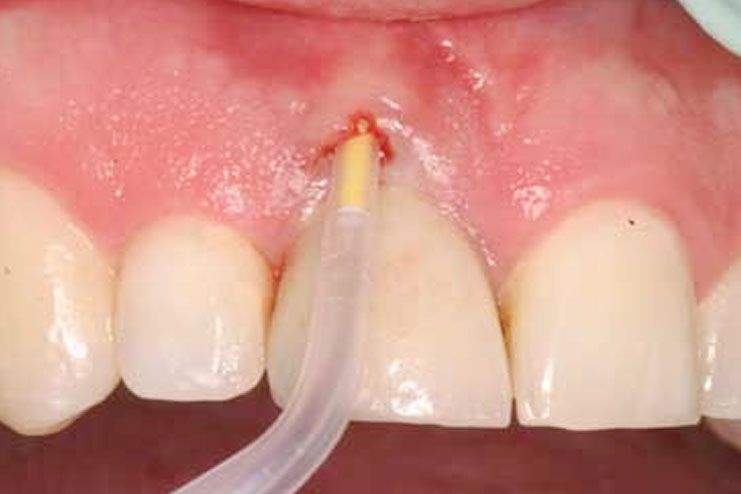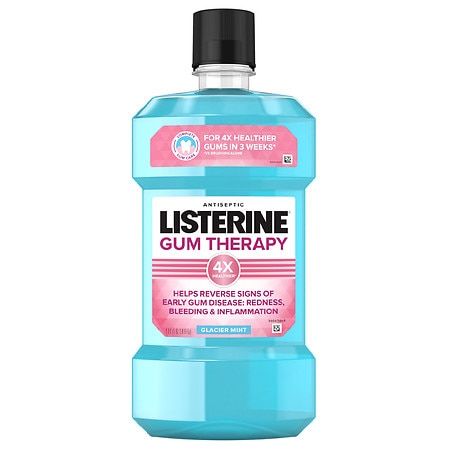
There are several different kinds of gingivitis medications, and many people are unaware of which type is the best one for them. While the most common of these is aspirin, there are other types as well. The most common type of medication for gingivitis is a combination of inducing drugs and anti-inflammatories. Depending on the severity of the infection, inducing drugs can work well in reducing inflammation and bleeding gums. However, these medications can also interact with certain types of medications, so you need to consult your doctor or pharmacist to be sure.
If left untreated, gingivitis can develop into periodontitis, which is an even more serious condition. Without treatment, it can even lead to tooth loss. In addition to being a symptom of another ailment, chronic inflammation of the gingival tissue has been associated with various other systemic diseases, including coronary artery disease, diabetes, and respiratory disease. This is because the bacteria responsible for periodontitis can enter the bloodstream. More research is needed to determine if this is the case.
While a deep cleaning is still the best form of treatment for gingivitis, it’s also important to take care of your oral health. Brushing your teeth every day, flossing daily, and limiting sugary drinks are all important. Aside from oral hygiene, medications can help restore gum health with minimal side effects. The U.S. Food and Drug Administration and the National Institute of Health publish standard dosages for drugs. These dosages are determined by a patient’s response to treatment.
In addition to the best oral hygiene, there are other types of gingivitis medications available for use. In many cases, proper treatment can reverse the damage caused by gingivitis and prevent it from progressing to periodontitis. A daily brushing routine can help remove plaque, which is a sticky film that is formed by bacteria in the mouth. If plaque is not removed regularly, it hardens into tartar or calculus, which can build up on the teeth and cause decay.
If you have symptoms of gingivitis, you should contact your dentist. If you are not aware of the symptoms, it is best to get examined by a dentist. Early treatment can reverse the damage and prevent gingivitis from progressing to periodontitis. The best way to treat gingivitis is to remove plaque and keep your teeth clean. There are several products that can help. It is important to remember to brush and floss your teeth at least twice a day to ensure good oral health.

There are many types of medications for gingivitis, and your periodontist will recommend the best one for you. Taking care of your oral health is important to maintaining your teeth. The first step in treating gingivitis is to avoid foods that cause the condition. During this time, you should try to brush your teeth as often as possible. Taking fluoride supplements is also helpful.
If you have this condition, in addition to taking the right medications, you should make an appointment with your dentist. A professional diagnosis will help you take the right steps to treat it. If you notice symptoms of gingivitis, you should visit your dentist for a checkup at least once a year and as often as possible. Additionally, you should schedule regular dental cleanings if your gums are bleeding.
Although over-the-counter medications are generally safe, you should still seek professional help if you experience severe symptoms of gingivitis. It is important to note that these medications are not intended to be taken orally. They may also cause harmless side effects. Therefore, it is important to seek medical help on the doctor’s website Tom Stuart. There are many different medications available to treat gingivitis, but the best ones are those prescribed by your dentist.
In addition to the above-mentioned medications, you should also be sure to follow your dentist’s instructions. If you notice bleeding gums, contact your dentist immediately. If you have any other health problems, your dentist may prescribe medication to prevent your gums from becoming infected. Keeping your gums clean can help prevent the development of serious gingivitis, so it’s a good idea to follow their advice.